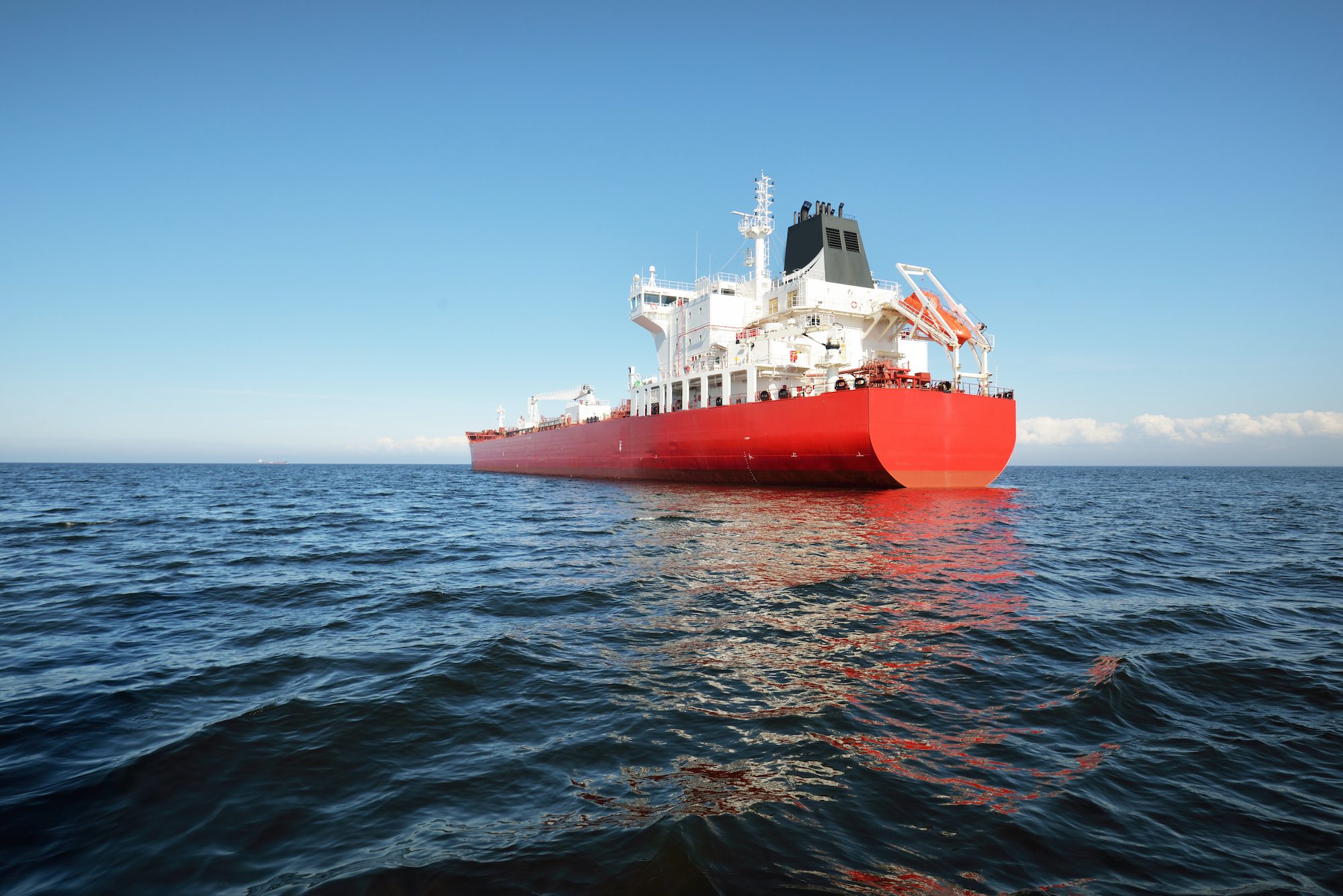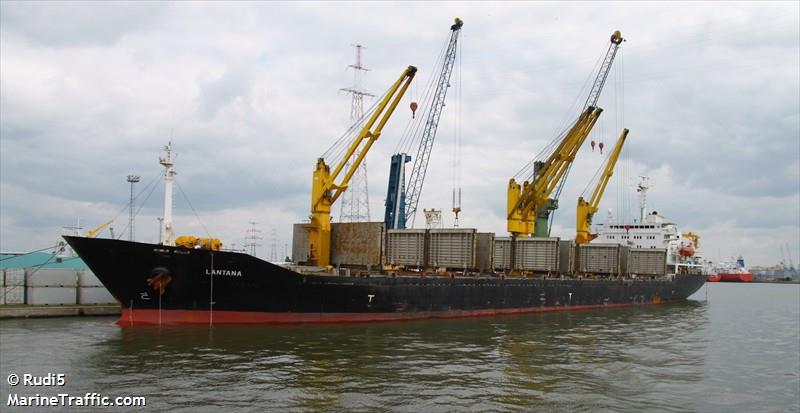 (Bloomberg) — The U.S. Treasury identified the National Iranian Tanker Co. as an Iranian government entity, a move intended to make it tougher for Iran to ship its oil overseas or circumvent international sanctions on oil sales.
(Bloomberg) — The U.S. Treasury identified the National Iranian Tanker Co. as an Iranian government entity, a move intended to make it tougher for Iran to ship its oil overseas or circumvent international sanctions on oil sales.
The Treasury today listed 58 vessels that it said belong to the Iranian tanker company — some of which have been reflagged in other countries — and 27 entities affiliated with the tanker company in the effort to discourage crude refiners and shippers from purchasing Iranian oil.
U.S. officials said the intent is to encourage foreign companies to cease oil-related business with Iran until it meets international demands to abandon illicit aspects of its nuclear program. Today’s action doesn’t impose penalties on companies abroad that do business with the tanker company, known as NITC.
“These identifications highlight Iran’s attempts to evade sanctions through the use of front companies, as well as its attempts to conceal its tanker fleet by repainting, reflagging, or disabling GPS devices,” the Treasury said in a statement.
The Treasury blocked or froze any U.S. assets belonging to NITC, a former subsidiary of the National Iranian Oil Co. that was officially privatized 12 years ago.
In addition, the Treasury identified what it called four “front companies” for Iran’s oil trade: Petro Suisse Intertrade Company SA (Petro Suisse), incorporated in Switzerland; Hong Kong Intertrade Company, based in Hong Kong; Noor Energy (Malaysia) Ltd, incorporated in Malaysia; and Petro Energy Intertrade Company, operating out of Dubai.
The Treasury also designated 20 financial institutions as part of its effort to prevent Iran from getting around sanctions on oil exports.
Oil Rose
Oil rose after the U.S. announced more sanctions on Iran, the second-biggest crude-producing member of the Organization of Petroleum Exporting Countries. Crude oil for August delivery increased 27 cents to settle at $86.08 a barrel on the New York Mercantile Exchange. Prices have decreased 13 percent this year.
Separately, the Treasury today named individuals and entities allegedly involved in Iranian nuclear and missile proliferation activities.
The moves are part of the efforts by the U.S. government to increase economic penalties on Iran to pressure its leaders to abandon disputed aspects of its nuclear program. Iran’s main source of revenue is petroleum exports, accounting for more than half of gross domestic product, according to the International Monetary Fund.
Iran’s Evasions
The U.S., Europe and Israel accuse Iran of hiding a covert nuclear weapons program; Iran insists its program is for civilian energy and medical research. The permanent members of the United Nations Security Council, including the U.S., Russia and China, have engaged in three rounds of nuclear negotiations with Iran since April that have so far failed to address the international community’s concerns about Iran’s intentions
U.S. officials said today that they will continue to tighten the economic noose by expanding sanctions on Iran until the Persian Gulf nation meets its international obligations to reveal and curtail any illicit nuclear activities.
“Iran today is under intense, multilateral sanctions pressure, and we will continue to ratchet up the pressure so long as Iran refuses to address the international community’s well-founded concerns about its nuclear program,” Treasury Under Secretary for Terrorism and Financial Intelligence David Cohen said in the statement.
“Today’s actions are our next step on that path, taking direct aim at disrupting Iran’s nuclear and ballistic missile programs as well as its deceptive efforts to use front companies to sell and move its oil,” he said.
By Indira A.R. Lakshmanan, Copyright 2012 Bloomberg.
Editorial Standards · Corrections · About gCaptain

 Join The Club
Join The Club










